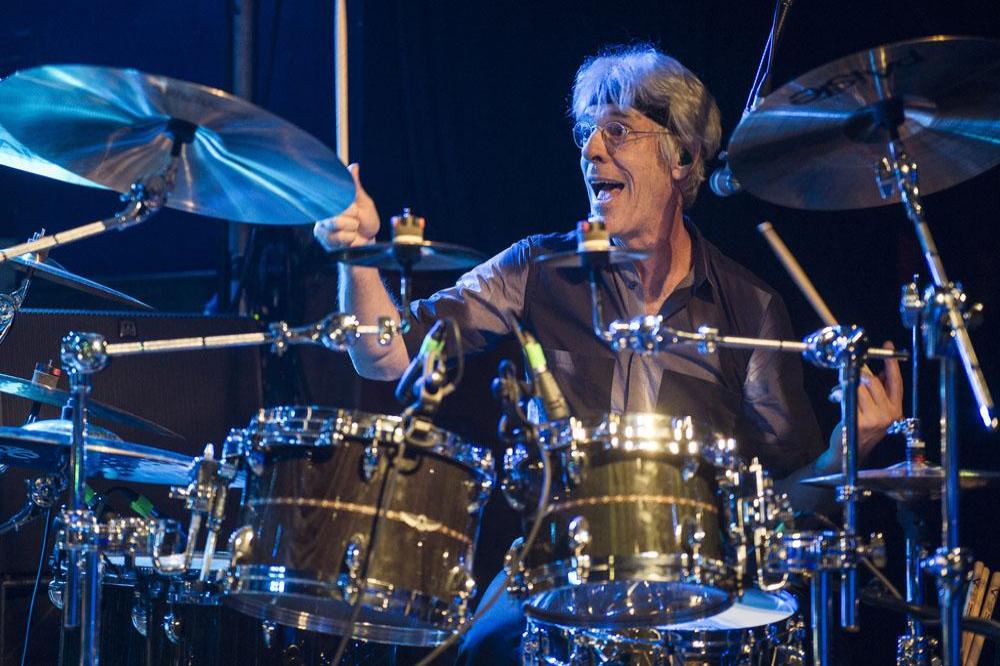Certainly, I've found again and again that's how it so often is for me. The first cycle I heard of Carl Nielsen's symphonies were conducted by Neeme Järvi and I fell deeply in love from the opening bars. I've since heard a dozen other cycles, many of which are objectively better—if such a thing is possible, and I think it is—but the Järvi still holds a place in my heart that those superior versions can't quite displace.
So with what is by far the best Blind Faith song, "Can't Find My Way Home." My first time hearing it was the live duet Eric Clapton played during the 70s with later hitmaker Yvonne Elliman. Its lovely, laidback, slightly woozy feel pulled me in and I was a goner. I'm not sure why it hit a teenage me so hard but, hey, music's mysterious.
I was already a big van of Steve Winwood, thanks to his brilliant from stem-to-stern solo LP, Arc of a Diver, so when I could scrape together the money, I excitedly bought the Blind Faith LP...and was about as disappointed as I've ever been in a record.
That a talent as huge and assertive as Winwood should take center stage was perhaps not surprising, but it was still a letdown that Clapton disappeared as much as he did; rather than a collaboration, the album was closer to a Winwood outing with famous friends playing along. And, unfortunately, one of those friends was Ginger Baker, who reminds the listener over and over again why Clapton had recently decided to stop playing with Baker. For all his own talents, there's a reason virtually none of his collaborators played with Ginger on a longterm basis. I mean, Winwood's the reason Ginger joined Blind Faith, and it doesn't seem coincidental that aside from a brief stint together in Ginger Baker's Air Force, they never really played together again.
Baker's brushwork is fine if unexceptional. His tom asides are actually kinda cool. But the explosive splashes he adds are just awful—jarring and tasteless. The twin guitar work of Clapton and Winwood—a greatly underrated guitarist–is lovely but it's not enough to push away the feeling that this is an exceptionally meticulous demo rather than the better final product it would later become.
Such as this acoustic outing from decades later, as a nearly 45-years-older Winwood plays with delicacy and uses his otherworldly voice with dexterity and discretion.
Which, I guess, is to say that imprinting is a powerful force. But it's not the end-all and be-all, because I'd take solo acoustic Winwood over any other version any day, terrifying fire crackles and all.



